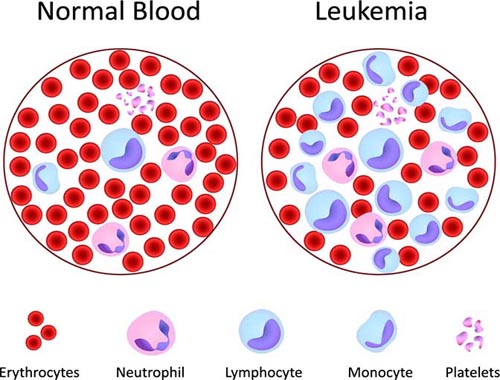Understand Lab Tests and Blood Tests Online test
 Published: 10 Sep 2024
Published: 10 Sep 2024
Blood Clotting Tests
Blood clotting tests measure the levels of proteins in your blood that affect clotting. Examples of medications that affect clotting include heparin and warfarin.
Types of Blood Clotting Tests:
* D-dimer test: Detects D-dimer, a protein produced when blood clots dissolve. Normal range: <0.50. A positive D-dimer is an indicator for further testing.
* Prothrombin time (PT)/INR test: Measures the time it takes for a blood sample to clot. Normal range: PT: 11 to 13.5 seconds; INR: 0.8 to 1.1.
* Activated partial thromboplastin time (PTT) test: Measures the time it takes for a blood sample to clot. Abnormally high or low levels may indicate a risk of bleeding or clotting. Normal range: 21 to 35 seconds.
Blood clotting tests can also monitor patients taking medication to prevent blood clots.
Complete Blood Count (CBC)
A CBC assesses your nutritional status, screens for diseases, and monitors overall health. It helps evaluate symptoms like weakness, fatigue, and bruising. It can also diagnose conditions such as anemia, leukemia, malaria, and infections.
CBC Components:
* Hemoglobin (Hgb)
* Hematocrit (Hct)
* Mean corpuscular volume (MCV)
* Mean corpuscular hemoglobin (MCH)
* Mean corpuscular hemoglobin concentration (MCHC)
* Platelet count
* White blood cell count
Normal Ranges for CBC:
* Men:
* Hgb: 13.0 to 17.0 g/dL
* Hct: 40 to 55 percent
* Platelet count: 150,000 to 400,000/mL
* White blood cell count: 5,000 to 10,000/mL
* Women:
* Hgb: 11.5 to 15.5 g/dL
* Hct: 36 to 48 percent
* Platelet count: 150,000 to 400,000/mL
* White blood cell count: 5,000 to 10,000/mL
MCV, MCH, and MCHC values help diagnose different types of anemia.
 Published: 10 Sep 2024
Published: 10 Sep 2024